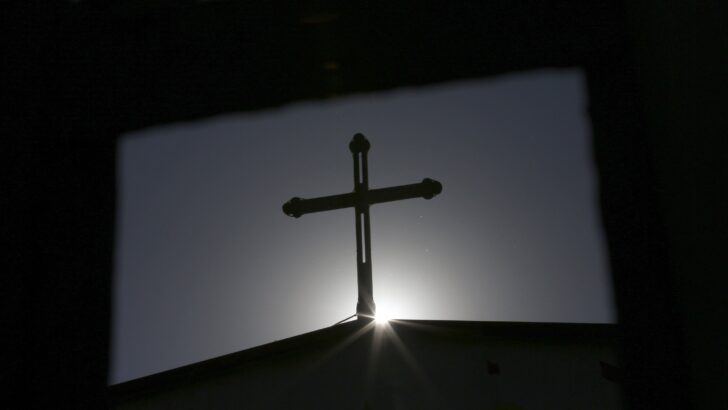Church in Ireland is facing a very well publicised crisis in vocations to the priesthood, one which the recently ended Year for Vocation was an attempt to tackle.
If we’re not careful, our local Church could be facing a second vocations crisis – this time among the laity – and the window is narrowing in which we can act to safeguard the future.
Two reports, the Grace project’s seminal study on Catholic schools in Ireland and a synodal submission from two Western dioceses, make clear that we are seeing a sharp decline in the number of active and committed Catholics. Volunteers, so necessary to helping parishes and diocese run their affairs and help with the Synodal project are becoming like hen’s teeth and those who are paid to teach the faith increasingly don’t believe.
Prof. Eamonn Conway describes it as a “trajectory of decline” in levels of commitment to the Faith, particularly obvious among 18–29-year-olds. For instance, three out of 10 under 29 teaching at second level make it very clear they don’t witness to or support Catholic ethos.
For Catholic schools, the problem is clear – the pool of committed Catholics we can draw on to educate our children and lead our schools is shrinking.
While there is considerable positivity and goodwill toward Catholic education, its unique mission and identity will become invisible if we don’t act now.
Acting means two things – divestment and investment.
Divestment is a hard sell, but the longer we wait, the harder it will get and the less favourable the political and social climate will be. If we don’t jump now, we’re going to be pushed.
As it stands, the Grace reports warn that “Catholic schools are operating in an increasingly secular environment, and whatever demand there may be for Catholic education, there is a declining pool of personnel from which to recruit the people who can give effect to it”.
Investment should be easier, but it has to happen now or else it will be too late.
There is goodwill toward Catholic education, but the Grace reports make clear that nobody seems sure what exactly the ‘Catholic’ part means.
Does it just mean being nice to each other? Or does it mean fostering in each student a personal relationship with Jesus Christ? Many teachers agree on the first, but there’s a split on the second, far more fundamental, belief.
If we want to take advantage of the goodwill, the bishops, religious and lay trusts running schools must provide ongoing professional and faith formation, as well as proper accountability about what is being taught.
Right now, there is “scant training or formation” made available to school personnel to ensure they are well informed and “very little investment in this work”, the reports said.
The bottom line is that our Catholic schools are working well as education institutes, but ethos is left second-best when it comes to any crunch issues like scheduling and resourcing.
This has to change and the only way it will is by concentrating our professional and voluntary resources on a smaller number of schools, and properly resourcing our school personnel to deliver the best possible Catholic education.
For the Church in Ireland, the report touches on an issue we are all facing; a dwindling number of people to manage a bloated structure.
The synodal submissions from Clonfert and Galway warn that “The current context is one where volunteers are few and far between and this is coupled with a history or culture of a lack of adult religious education/catechesis”. Sounds familiar doesn’t it?
We want a Church with more lay leadership, but the reality is numbers in the pews are declining as quickly as vocations to the priesthood.
The future is as Benedict XVI predicted – smaller and more committed, with those who really want to be there left to do the work.
As with the schools, the Church needs to prune back and invest in what’s left with confidence.


 Photo: CNS/Kim Kyung-Hoon, Reuters
Photo: CNS/Kim Kyung-Hoon, Reuters 